
views
New Delhi: As the D-Day of May 13 approaches, the four states of Assam, West Bengal, Tamil Nadu and Kerala and the Union Territory of Puducherry are clearly not on the same page. It seems that Assam and Puducherry are probably not going to be affected by anti-incumbency. West Bengal is almost sure to witness a change of guard. Tamil Nadu and Kerala are two states where none of the contesting alliances has a definitive edge.
In Assam, the Tarun Gogoi-led government has come out relatively unblemished from its last tenure. It has brought almost all factions of the ULFA, barring the Paresh Baruah faction, to the talks table. The violence in Assam over the last four years has been at its lowest since the beginning of the violent movement. The pattern of demographic change in the state is also likely to favour the Congress. Gogoi has shown his commitment to resolving the ULFA problem and it is likely that a permanent resolution will be arrived at within another five years.
The clamour for political change in West Bengal is a clear signal for a shift of occupants at Writers’ Building in Kolkata. But it remains to be seen whether Mamata Banerjee can don the robe of constructive chief minister, shedding the garb of destructive opposition leader. The Trinamool Congress’s identity in West Bengal has been a negation of everything the CPI(M) ever stood for. Although Mamata has roped in retired administrators, police officials, eminent lawyers, doctors, educationists to help her out, her biggest challenge will be to rise to people’s expectations. Balancing land acquisition and the growth of industry with protection of agriculture is a tricky proposition in Bengal, where only a miniscule three per cent of the land is arid and not arable.
Another challenge for her government will be to tackle the Maoists who have proven to be the CPI(M)’s nemesis in areas long construed as the latter’s strongholds. If allegations of Trinamool and the Maoists working in conjunction are true, walking the tight rope between Jungle Mahal and the power corridors of Delhi will become all the more difficult. Another fearful proposition is facing the Left as the Opposition force. Mamata’s list of tasks is copious and none of those listed is easy. In fact, senior police and administration officials are fearful of a bloodbath in different parts of the state after the new dispensation comes to power.
Though the people of Kerala have developed a habit of not electing the same government for a consecutive term, it is a close race this time. Aware that defeat in West Bengal is almost certain, the CPI(M) has left no stone unturned in Kerala. That is why the Politburo brought back the elderly V S Achuthanandan into the fold after Pinarayi Vijayan had edged him out. The Politburo not only made them reconcile and shake hands but also made them share the dias during the campaigns.
In Tamil Nadu, one would think that a Jayalalithaa-Vijaykanth combine would easily sweep the DMK-Congress alliance off its perch, especially in the aftermath of the 2G Spectrum Scam. But populist schemes like distribution of free television sets and rice at Rs 2 per kg may be just enough for the voters to turn their gaze away from these improprieties.
Thousands of liquor licences were granted in Tamil Nadu over the past five years to augment revenue to fund the government’s populist programmes. Large landowners in various parts of the state could not till their land as labour was in short supply. Over the oast two years, labourers from Orissa, Bihar, Jharkhand and Madhya Pradesh have flocked to Tamil Nadu. In case the DMK-Cong combine returns to power, such populist programmes are expected to continue. In case the Congress fares relatively well and the DMK performs poorly, pundits are saying that even an AIADMK-Cong alliance is possible.
A telling observation at the end of counting on May 13 is going to be the irrelevance of the principal national Opposition party. The BJP is contesting the polls but is a non-factor.










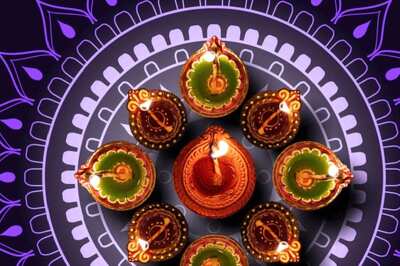


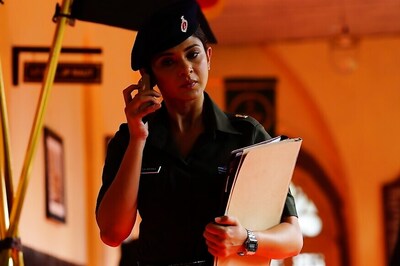

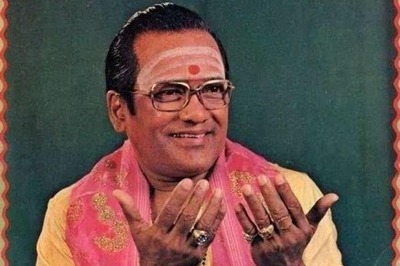
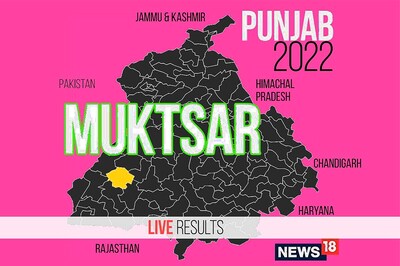
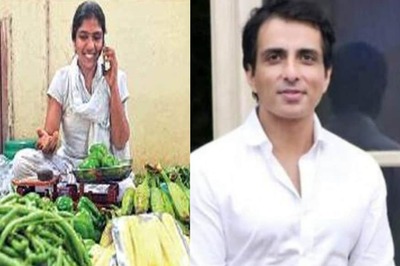

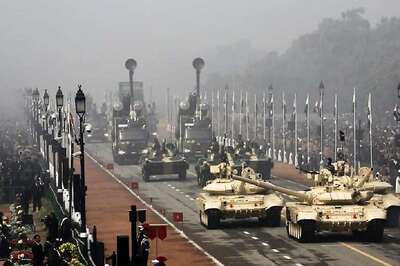
Comments
0 comment